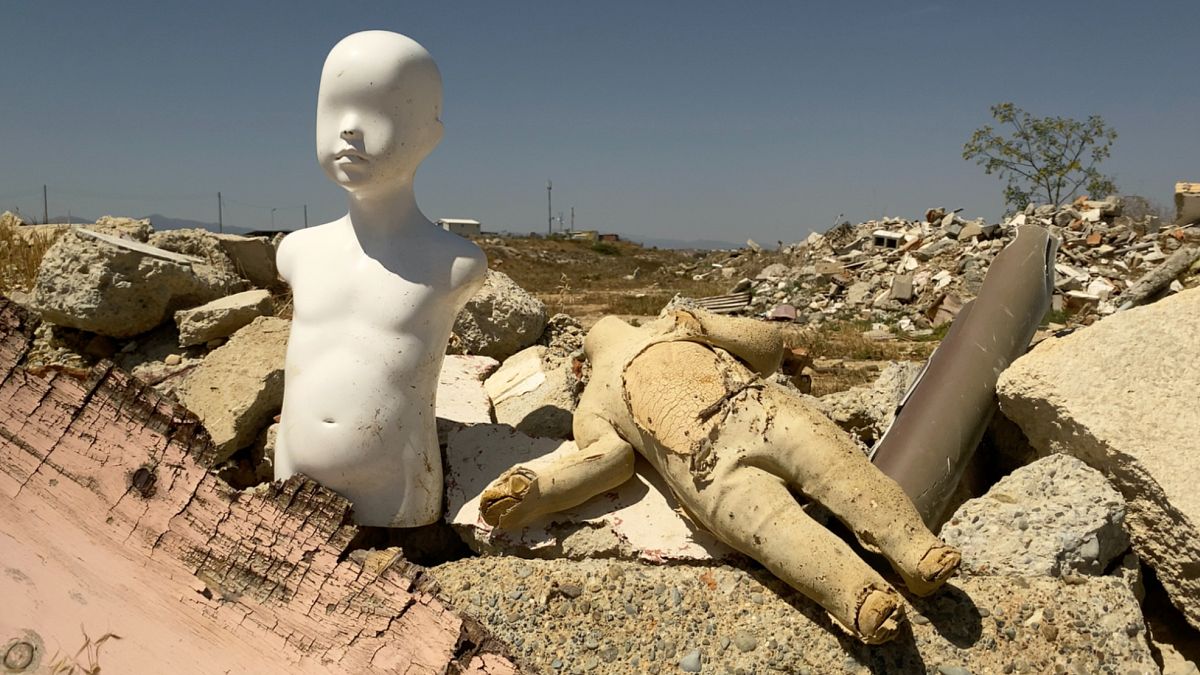Every year the European Union produces 2.2 billion tons of waste; around 5 tons per capita. The European Union promotes prevention and re-use, followed by recycling if not possible. The final and most harmful option is disposal.
Around 15% of EU waste currently ends up in landfills and their use is heavily regulated. A 1999 Directive lays down standards to protect human health and the environment, namely surface water, groundwater, soil and air, from the negative effects of waste collection, transport, storage, treatment and disposal. Only safe and controlled landfill activities are allowed. Failure to comply results in fines.
The Directive limits the share of municipal waste landfilled to less than 10% by 2035. Illegal landfills across the EU have steadily decreased over past years. However, the European Commission has referred several Member States to the Court of Justice of the EU, and Cyprus has already been condemned for its failure to control illegal dumping.
Local NGOs in the Republic of Cyprus have been tracking and denouncing illegal dumps for years.
“The main consequences are for the environment, and they are also for human health. All this trash leaves toxins and pollutes nature, it pollutes our groundwater, it pollutes everything,” says Natasa Ioannou, Project Leader at Friends of the Earth Cyprus as we walk through a massive illegal dump near Nicosia, the country’s capital.
Yet solutions are at hand, she claims.
“You definitely need to have a concise, organised and very well-established (disposal) infrastructure. Because if people don’t have a ‘green point’ close to them, this is what is going to happen in the end. The second solution is policing and, of course, enforcing all the laws. When you know that there is something going on and it has been going on for quite a long time, surveillance cameras need to be implemented.** You also need to give incentives to people to manage their waste. It’s not always, I mean, ‘you’re doing this wrong; I’m going to give you a fine’. There always has to be other opportunities for circular economy practices.”
Activists have helped to develop an interactive map where dumps are tracked in real time.
“When I come to these places and I see these things, I feel anger and disappointment. I mean, this is not how our countryside should be. This is not how Cyprus should be. It’s disgusting,” says Natasa as she takes us to a second illegal landfill just 30 minutes away from the first one. “What authorities say to us is that they don’t have the resources. Then you need to find the ways to get the resources. Having the same excuse year after year after year, it shows lack of political will.”
What are Cyprus authorities doing?
A very limited but concrete response comes from a small district in Nicosia, the first to introduce the “Pay-as-you-throw” programme.
Encouraged by the EU, the scheme allows waste fees paid by users to be modulated according to the amount of mixed waste delivered to the management system, explains the district’s deputy mayor.
“In the first year of the system’s implementation, we managed 5,000 tons of waste. You generate a 40% reduction in municipal garbage,” explains Andreas Constantinou, the district’s deputy mayor. “The road to change mindsets was not paved with rose petals, but we invested mainly in the new generation. We entered schools and tried, through children, to change the mindsets of grown-ups.”
Other municipalities are set to follow the example soon. But this falls short of the country’s huge needs. The very day of our filming, the European Commission sent Cyprus to the EU Court of Justice once again, and requested more fines for its failure to manage illegal landfills.
The Director of the country’s Department for the Environment meets us in one of Nicosia’s eight Green Points, where 8,000 tons of waste were sorted last year.
The Government acknowledges decades-long “inertia” and “weaknesses” in its waste management.
But Theodoulos Mesimeris claims things will soon improve.
“There are more than 20 Green Points operating now in Cyprus, and the aim is to have the right network. So another 50 such points have been launched, as well as other infrastructures, such as ‘green corners’ and recycling areas, so that we can provide the right choices for citizens and the availability of materials for recovery, for re-use, for recycling. It is a fact that the existing infrastructure cannot meet the requirements of the institutional framework,” he says.
“The restoration and cleaning of the remaining points will be underway within the next two months. The objective is to clean Cyprus of illegal waste sites immediately and at the same time to have those mechanisms that will not allow the phenomenon of illegal dumping to happen again.”
Cyprus’s own government has acknowledged that the cost of remediating an illegal dump is higher than operating a lawful waste-management facility.
Read the full article here


